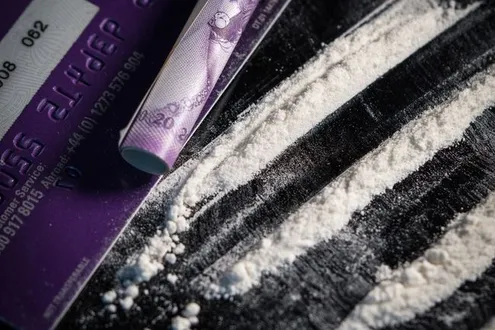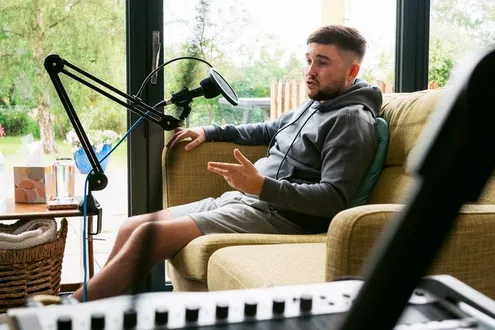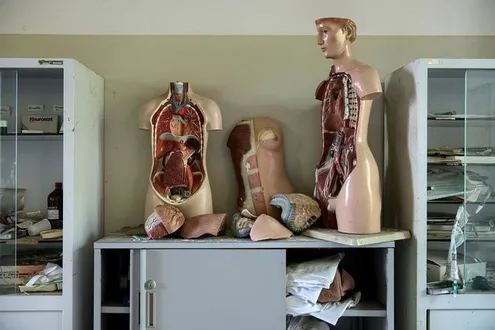Prescription drugs are medications that require a prescription from a licensed healthcare professional, such as a doctor or nurse practitioner, to obtain. These drugs are generally more potent and pose a higher risk than over-the-counter medications, often necessitating careful supervision by a healthcare provider. Ensuring proper use, accurate dosing, and vigilant monitoring for potential side effects or interactions with other medications is crucial, as prescription drugs can be highly addictive.
There are several commonly abused prescription medications.
Prescription benzodiazepines - Benzodiazepines, also known as ‘benzos’, ‘sedatives’ and ‘tranquilisers’, are a widely-abused classification of prescription medication. These types of prescription drugs are often prescribed for anxiety, seizures and certain other psychiatric and medical conditions.
Some types of benzodiazepines include:
- Diazepam (such as Valium)
- Chlordiazepoxide (such as Librium)
- Alprazolam (such as Xanax)
- Zolpidem (such as Ambien)
- Lorazapam (such as Ativan)
These types of drugs are known to create a sense of calm to the individual making them seem relaxed and this feeling can quickly become addictive.
Prescription opioids – These are typically the most commonly misused prescription drugs. They have very strong painkilling properties. The aim of these types of drugs is to numb pain but they also can create a sense of euphoria. Opioids have an addictive nature and by creating this relaxing feeling can become addictive quickly.
Opioids may be prescribed if someone is experiencing moderate pain from a chronic condition, injury or surgery. With reports across the world highlighting the increase of opioid addiction from prescription medication.
Some types of opioids include:
Prescription stimulants – This type of amphetamine based prescription drug is usually prescribed to treat conditions such as attention deficit hyperactivity disorder (ADHD) and narcolepsy which is uncontrollable episodes of deep sleep. They are used to increase energy, attention and alertness by increasing dopamine in the brain. Dopamine is linked to pleasure in the brain which means that this drug can become highly addictive.
Types of prescription stimulants include:
- Methylphenidate (such as Concerta, Ritalin)
- Dextroamphetamine (Adderall, Dexedrine)
If you are concerned that you or a loved one may have developed a dependence or addiction to painkiller medication or prescription drugs please contact our Treatment Advisors for a free assessment.

Many people abuse prescription drugs without realising it. Even though they are prescribed by a doctor, taking a larger dose of a prescription medication than is advised by a doctor is abuse. Many people do this automatically if they notice they are not getting the same level of relief from the drug that they did at first. Increasing your dose of can often lead to tolerance and dependence, and drug abuse can lead to addiction.
If prescription drugs are starting to interfere with daily life and is making it difficult to handle usual responsibilities at work and at home, you may have a problem. Continuing to use prescription drugs despite being aware of the harm it is causing signifies an addiction.
PHE’s analysis shows that, in 2017 to 2018, 11.5 million adults in England (26% of the adult population) received, and had dispensed, one or more prescriptions for any of the medicines within the scope of the review. The totals for each medicine were:
- antidepressants 7.3 million people (17% of the adult population)
- opioid pain medicines 5.6 million (13%)
- gabapentinoids 1.5 million (3%)
- benzodiazepines 1.4 million (3%)
- z-drugs 1.0 million (2%)
Prescription medications are often used to manage pain, anxiety, or other distressing symptoms. The relief they provide can lead to psychological dependence, where the person feels they need the drug to function or feel normal. For some individuals, these medications may serve as a way to escape from stress, trauma, or difficult emotions. This can lead to misuse, dependence and eventual addiction.









